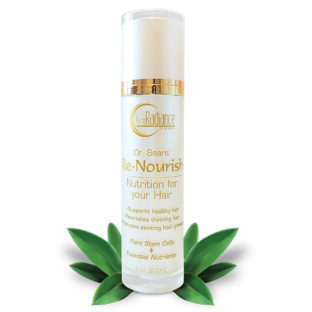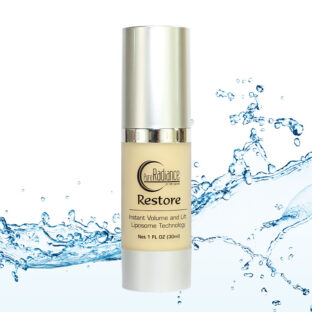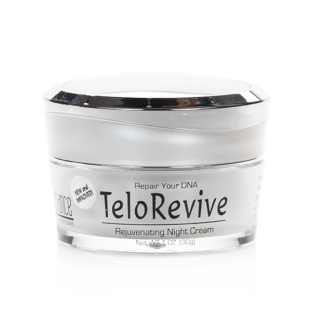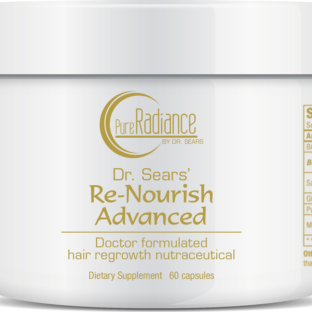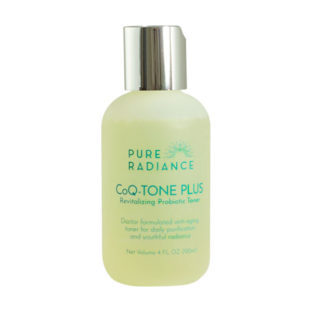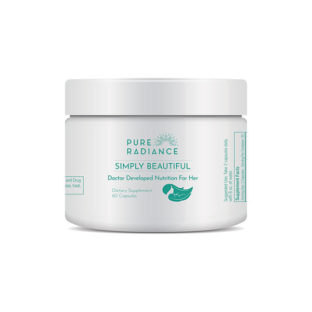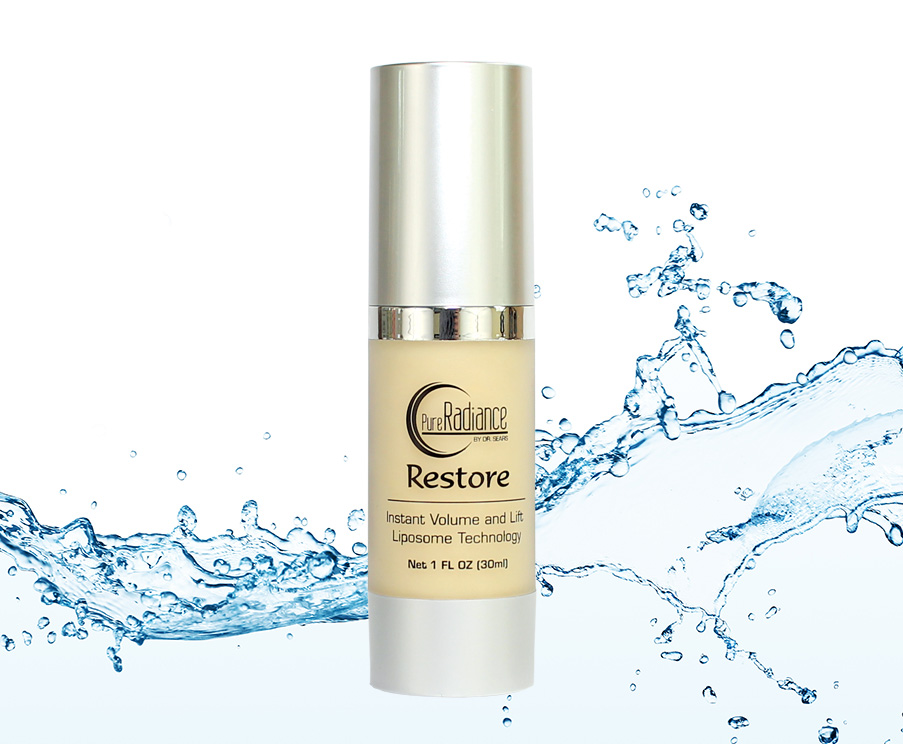People are always asking me for my “top tips” for fresher, younger skin. Well, I’d have to put sleep in my top three.
Many years ago – more than a quarter century ago, actually – I had a job that required me to stay up all night. I was a rock-and-roll disc jockey from midnight to six a.m. At the same time, I was a college student during the day. This left me only two hours a day to sleep. I was definitely burning the candle at both ends!
I was so sleep-deprived that I could barely concentrate in school. And I’ve been told by people who knew me then and see me now that I look younger at over 50 than I did at age 22.
People the world over are sleep-deprived, and this can lead to a whole host of problems, including weight gain. Scientists have found that too little sleep increases the “hunger hormone” levels and decreases the levels of the hormone that makes you feel full. Interestingly, the rise in the obesity rate correlates to the reduction in daily sleep hours compared to a few decades ago.1
Dr. Eve Van Cauter, a sleep researcher and professor of medicine at the University of Chicago, notes that when the National Cancer Society surveyed more than a million Americans in 1960, they found that people were getting an average of eight-and-a-half hours of sleep a night. Van Cauter says most surveys today put the average sleep time of Americans at only six or seven hours.
Our bodies get a “tune up” when we’re sleeping. So, if you short-change your body with too little sleep, you lose some of that vital repair time. This is the valuable time your body – and especially your skin – needs to refresh and regenerate while you get your rest.
So, there’s some truth to the saying that you need to get your “beauty sleep” every night. Your body uses your sleep time to rejuvenate and beautify your skin, not to mention protect your health.
Still tossing and turning? Here are my tips for the best sleep to support your skin’s health from the inside out:
1. Keep your room dark. Light interferes with the hormone melatonin, a natural immune system booster. In fact, a National Cancer Institute and National Institute of Environmental Health Sciences study found that electric light during the night could even contribute to breast cancer.2
2. Sleep with ear plugs. If you live in a noisy area (or have a snoring spouse!), you may want to buy some soft, squishy earplugs and use them at night. Studies show that night-time noise can raise your blood pressure, even when you’re unaware of it.3
3. Love your mattress. For years I complained about my mattress, until one day I finally decided to get a new one. What a difference a mattress makes! I love mine, and it has truly improved the quality of my sleep.
4. Keep cool. Keeping the temperature in your bedroom cool is conducive to better sleep. According to research, around 60 to 68 degrees Fahrenheit is optimal.4
5. No caffeine after 3:00 p.m. I know many people who say they can drink coffee after dinner and go straight to sleep. But I always wonder about the “quality” of the sleep. The 3:00 p.m. cutoff is my personal rule, and it seems to be working for me. I sleep like a baby every night.
So, if you want to start looking as young as you feel, take inventory of your sleep habits. You may even want to chart the amount of sleep you’re getting for a couple of weeks. You might be surprised to find that you’re not getting as much sleep or the quality of sleep you need to wake up rested and rejuvenated. Then, try these tips for better, deeper sleep and wake up looking visibly younger and fresher!
Have a Youthful Day,
Jackie Silver
[Ed. Note: Our guest columnist Jackie Silver is the author of Aging Backwards: Secrets to Staying Young. She’s a dynamic and beautiful 50-something bombshell who looks half her age. She created “Aging Backwards” in 2006 to help empower women to look and feel younger than their actual age. On her website, www.agingbackwards.com, you’ll find some of Jackie’s best tips, tricks and secret weapons for stopping the effects of aging and improving the whole self – mind, body and spirit.] |
1 Stanford University Medical Center, “Stanford Study Links Obesity To Hormonal Changes From Lack Of Sleep,” ScienceDaily Dec. 9, 2004
2 “Artificial Light at Night Stimulates Breast Cancer Growth in Laboratory Mice,” Cancer Research Dec. 19, 2005; #05-22
3Imperial College, London, “Aircraft Noise Raises Blood Pressure Even While People Are Sleeping, Says Study,” ScienceDaily Feb. 17, 2008
4“Prevention and treatment of sleep disorders through regulation] of sleeping habits,” Presse Med. Mar. 1994; 12;23(10):485-9


